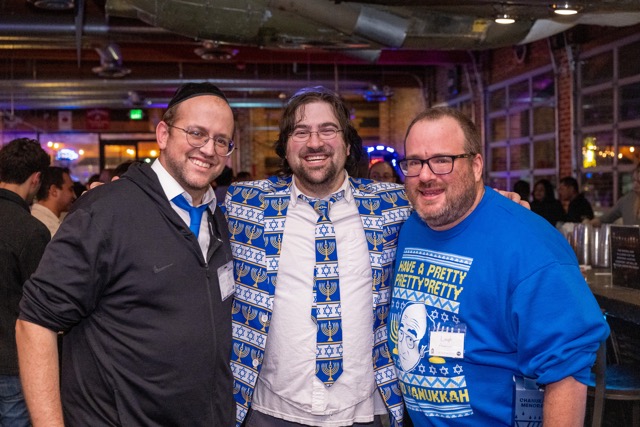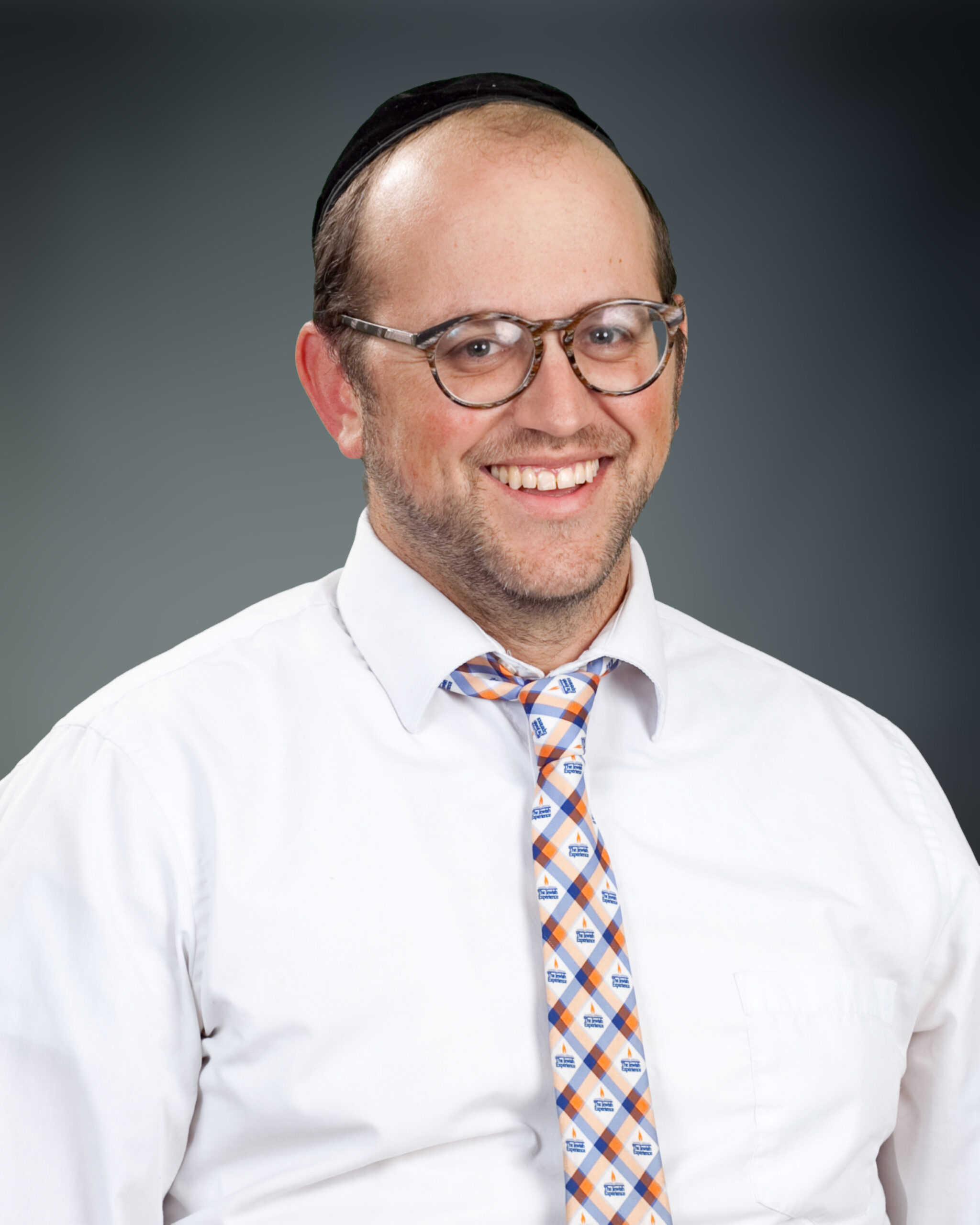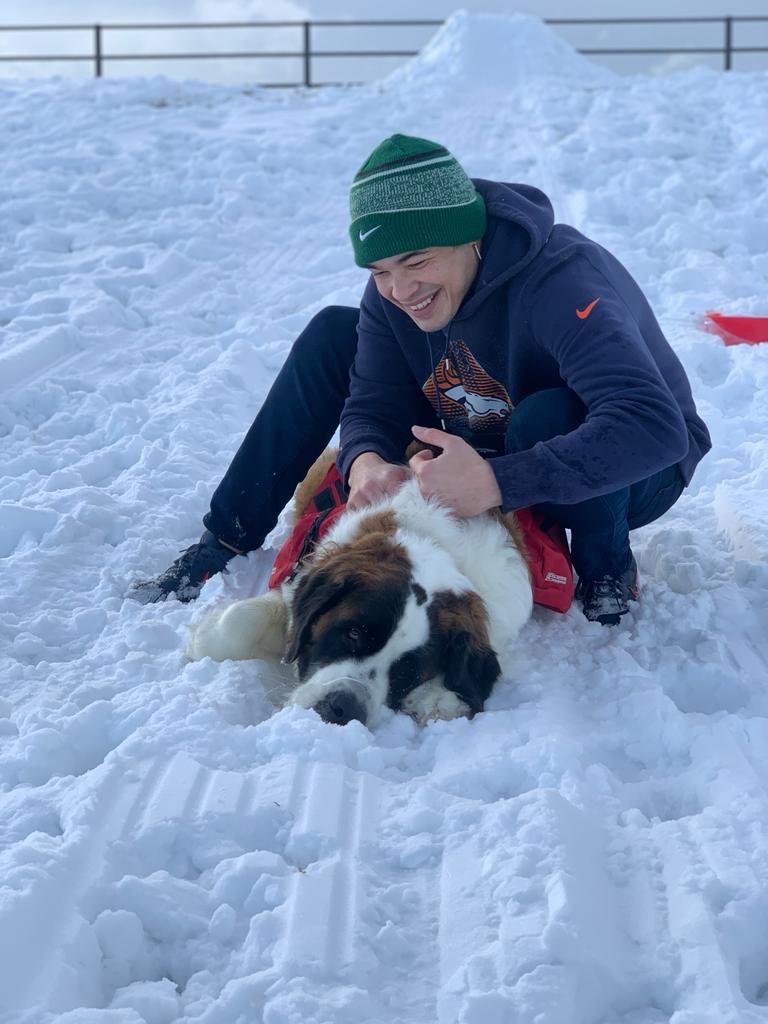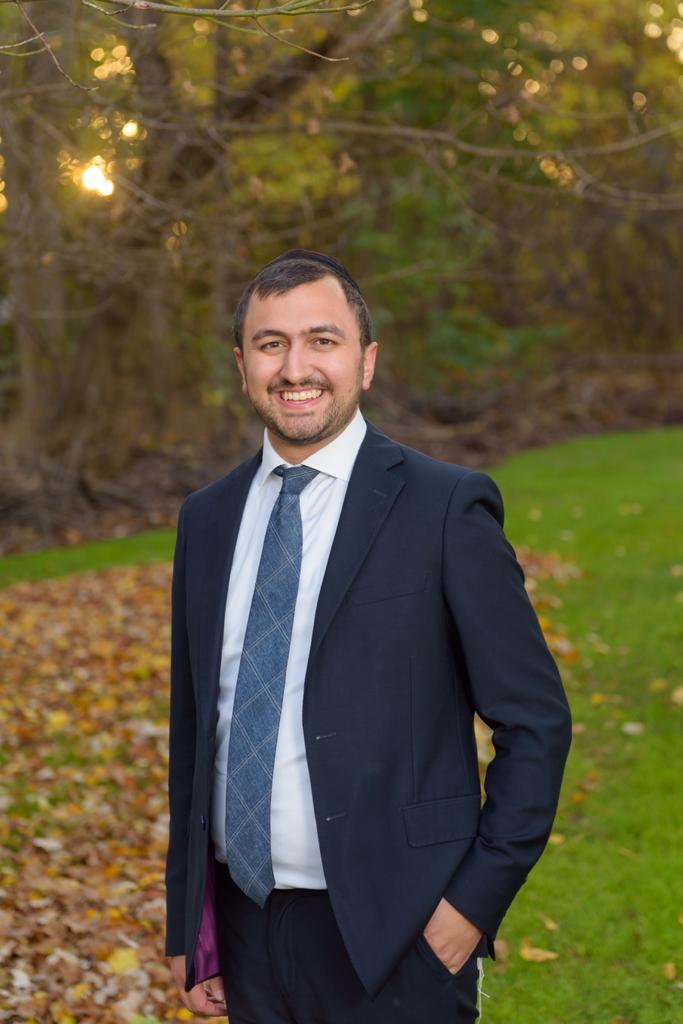This week, we move on to the Second Book of the Torah, known in Hebrew as Shemot, and in English as Exodus. This week’s parshah launches the enslavement of the Jewish people, a horrible, sadistic servitude that would last over two centuries. Through the back-breaking manual labor and the desecration of their dignity, the Jewish nation continued to survive and preserve.
The ruling class of Egypt was stunned that they were so ineffective in breaking the resolve of their Hebrew slaves. In response to this problem, Pharaoh calls a meeting and demands that his advisors pitch him solutions for what we, in the twenty first century, might anachronistically call “The Final Solution to the Jewish Question.”
The winning pitch? Infanticide.
Pharaoh orders the Jewish midwives in Egypt to execute every single baby boy at the moment of birth. The order is historically despicable and hateful.
The midwives, Yocheved and Miriam, however, hold fast to their values, and refuse to become agents of Pharaoh’s nefarious scheme.
It is not uncommon for the name of the character to change in the Torah as his or her place in the story evolves. It is generally understood that when a parent names their child, the parent is blessed with a whiff of inspiration from the Divine, and they imbue their newborn baby with a name that shall represent their essence.
Precisely this happens to Yocheved and Miriam, who now become Shifrah and Puah.
In that spirit, the great medieval Rabbi and commentator on the Torah Rashi, explains that each of these names referenced different things they took extra care of when a new baby was delivered.
Shifrah becomes the one who takes care of the baby’s physical needs after birth (משפרת), and Puah uses her soothing voice to calm the baby’s cries.
And so, here too the women’s names are changed when they risk their jobs to continue to pursue their life’s mission of midwivery. In more modern parlance, we may think of them, perhaps, as Hasidei ummot Haolam (The Righteous Among Nations). These are people whose very core is dedicated to saving and assisting others.
And so Yocheved and Miriam did not just do what was right when it was easy! They remained true to their righteous values when it became difficult, and when it became more than difficult, when their very lives were on the line.
We must learn from these women, these beacons of moral backbone. We must not only do the right thing when it is ready, but we must also remain righteous when the risks are high or when nobody is looking. Our values remain within us, and it is our obligation to always remain true to them.
Shabbat Shalom From Your Sloan’s Lake Rabbi!






